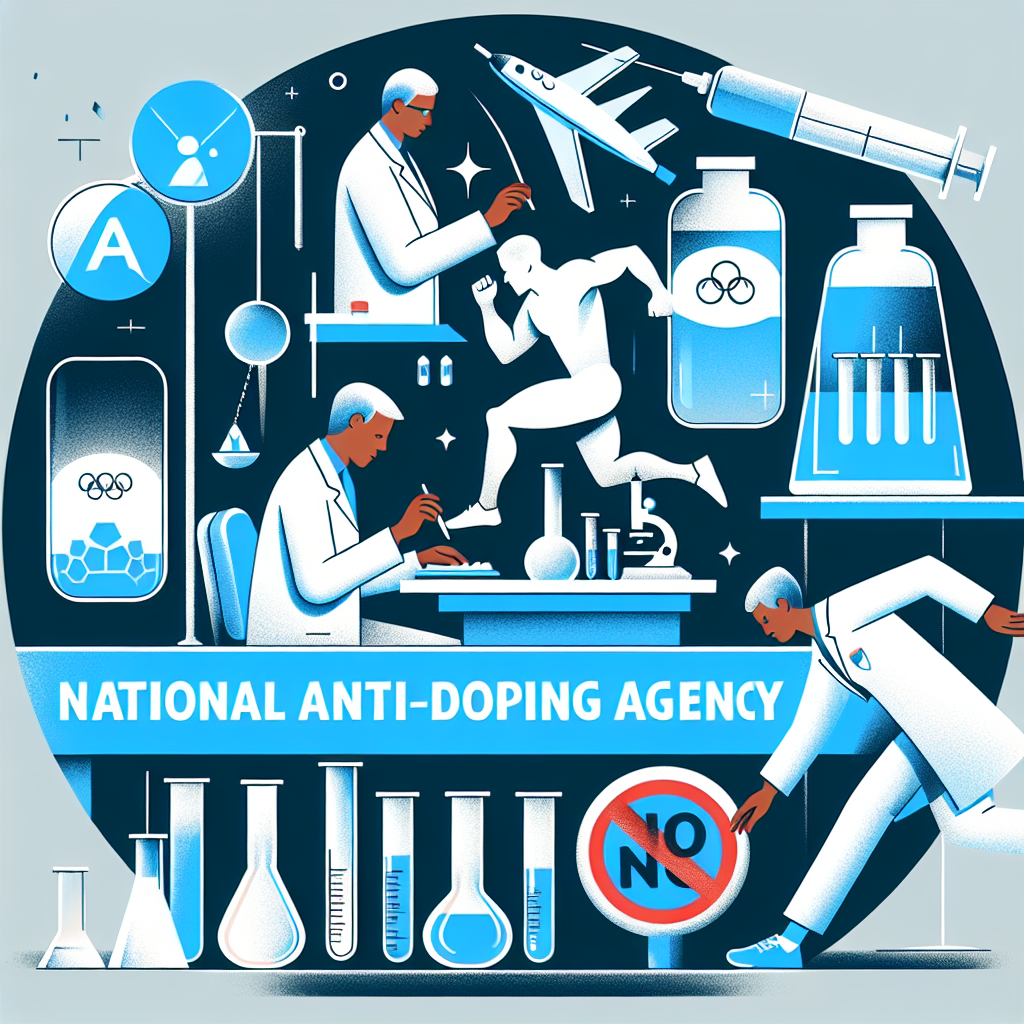NDTL Gains WADA Approval as Athlete Passport Management Unit, Strengthening Anti-Doping Efforts
The ABP is an advanced anti-doping tool designed to ensure fair play in sports by monitoring variations in biological parameters such as blood and steroid profiles.

- Country:
- India
In a landmark achievement for India's anti-doping efforts, the World Anti-Doping Agency (WADA) has granted approval to the National Dope Testing Laboratory (NDTL) in New Delhi to serve as an Athlete Passport Management Unit (APMU). The designation, effective from 6th December 2024, empowers NDTL to manage Athlete Biological Passports (ABP) for monitoring athletes' biological markers over time.
What is the Athlete Biological Passport (ABP)?
The ABP is an advanced anti-doping tool designed to ensure fair play in sports by monitoring variations in biological parameters such as blood and steroid profiles. By analyzing these markers over time, the ABP helps identify anomalies that could indicate the use of performance-enhancing substances or methods, offering a robust way to protect clean athletes and uphold the integrity of sports.
India Joins Global Elite Group
With this recognition, India becomes one of only 17 countries worldwide to house a WADA-approved APMU. This prestigious milestone reflects India's growing role in the global fight against doping. The Indian APMU will not only serve national athletes but will also extend its expertise to neighbouring countries' anti-doping organizations, strengthening regional collaboration in clean sports initiatives.
Strengthening NDTL’s Global Standing
Dr. Sundeep Mishra, Director of NDTL, lauded this development, stating, “This recognition elevates India’s standing in the global anti-doping ecosystem. The approval underscores NDTL's commitment to quality, precision, and ethical practices in its mission to eliminate doping from sports.”
As an APMU, NDTL will be responsible for reviewing ABP data, collaborating with anti-doping organizations (ADOs), and providing expert recommendations on potential doping violations. The move is expected to bolster India's credibility as a leader in anti-doping science and expand its influence on the global stage.
Pathways for Growth and Collaboration
Experts believe that the APMU designation will open doors for enhanced research, funding, and international partnerships. It will also enable India to develop cutting-edge anti-doping technologies, provide advanced training for anti-doping professionals, and promote educational programs on ethical practices in sports.
A Regional Hub for Anti-Doping Efforts
India's strategic position in South Asia makes NDTL’s APMU a critical resource for the region. Neighbouring countries lacking advanced anti-doping facilities can leverage India’s expertise, thereby fostering a collective commitment to clean sports in the region.
Global Recognition of India’s Efforts
This achievement highlights the continuous strides made by Indian authorities to align with global anti-doping standards. WADA’s approval serves as a testament to the rigorous processes and high standards maintained by NDTL, affirming its position as a key player in the international fight against doping.
India's designation as an APMU is a moment of pride, marking a new chapter in its anti-doping journey. The recognition further motivates NDTL and other stakeholders to work relentlessly toward a future where sports remain a symbol of fairness and integrity.










